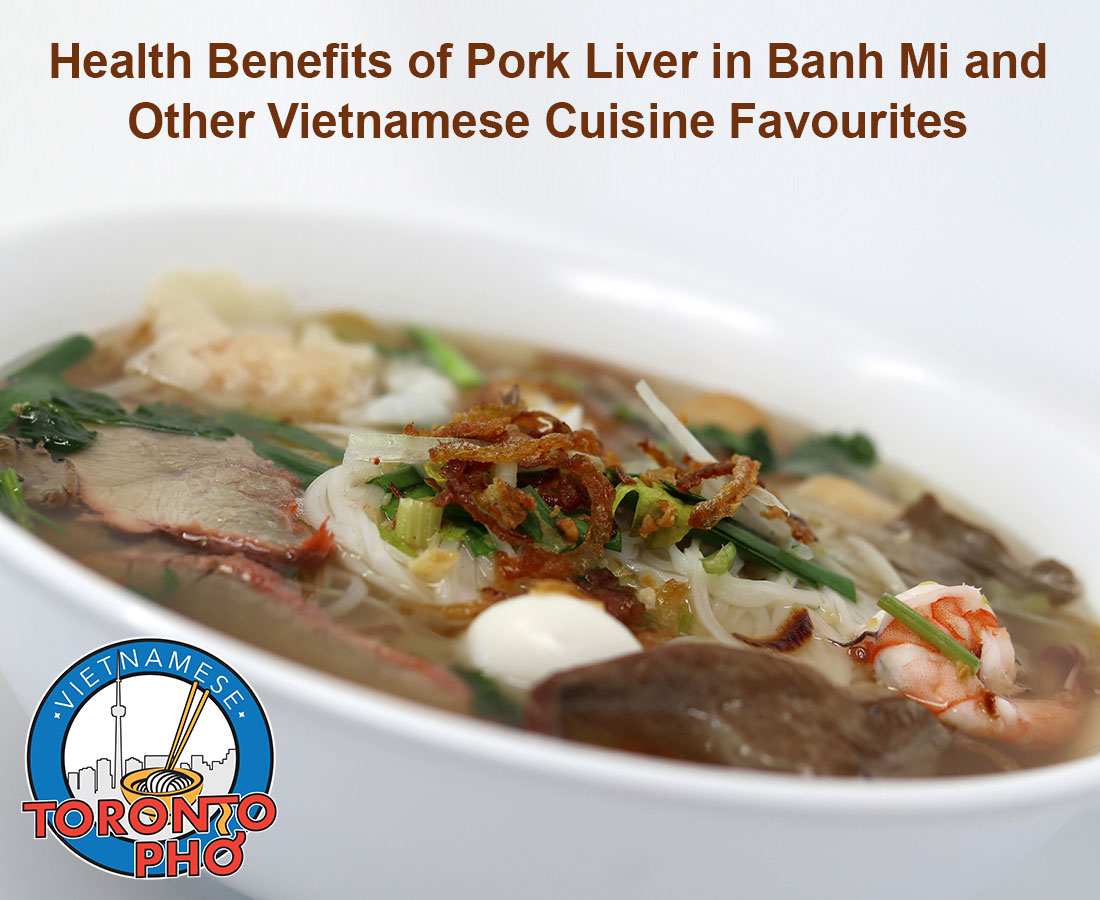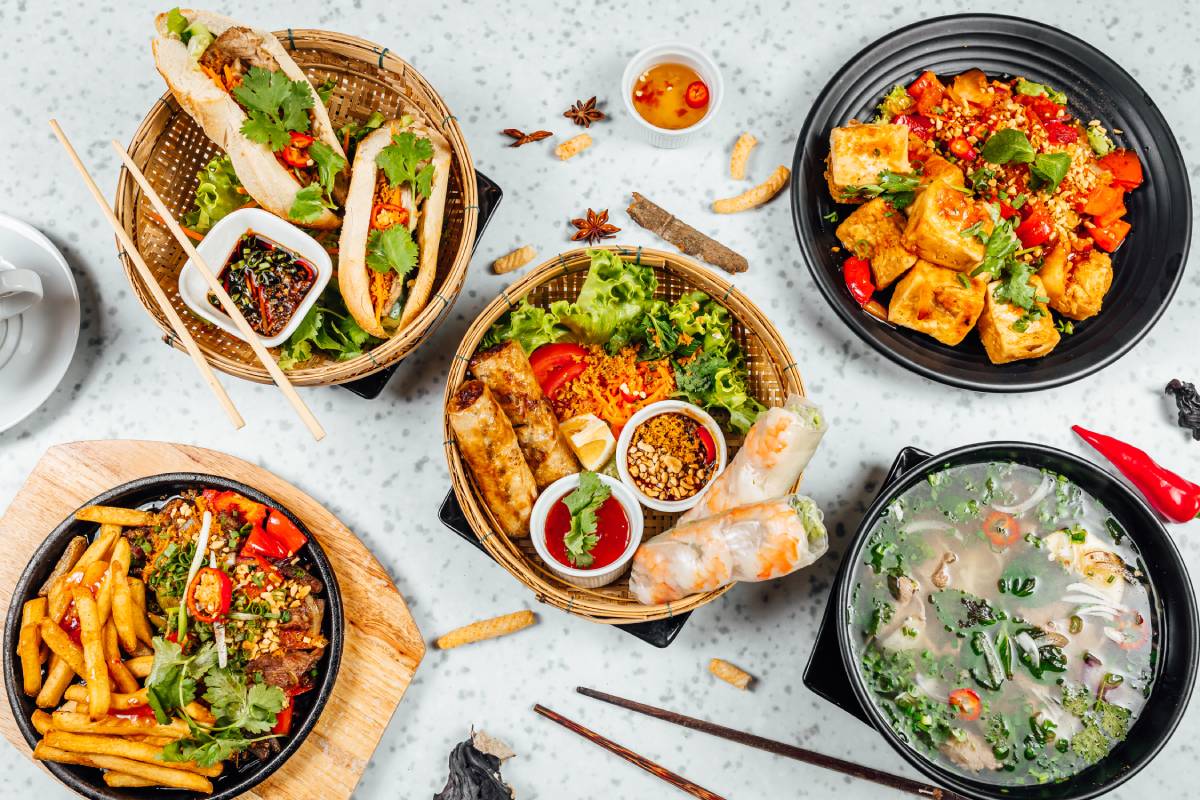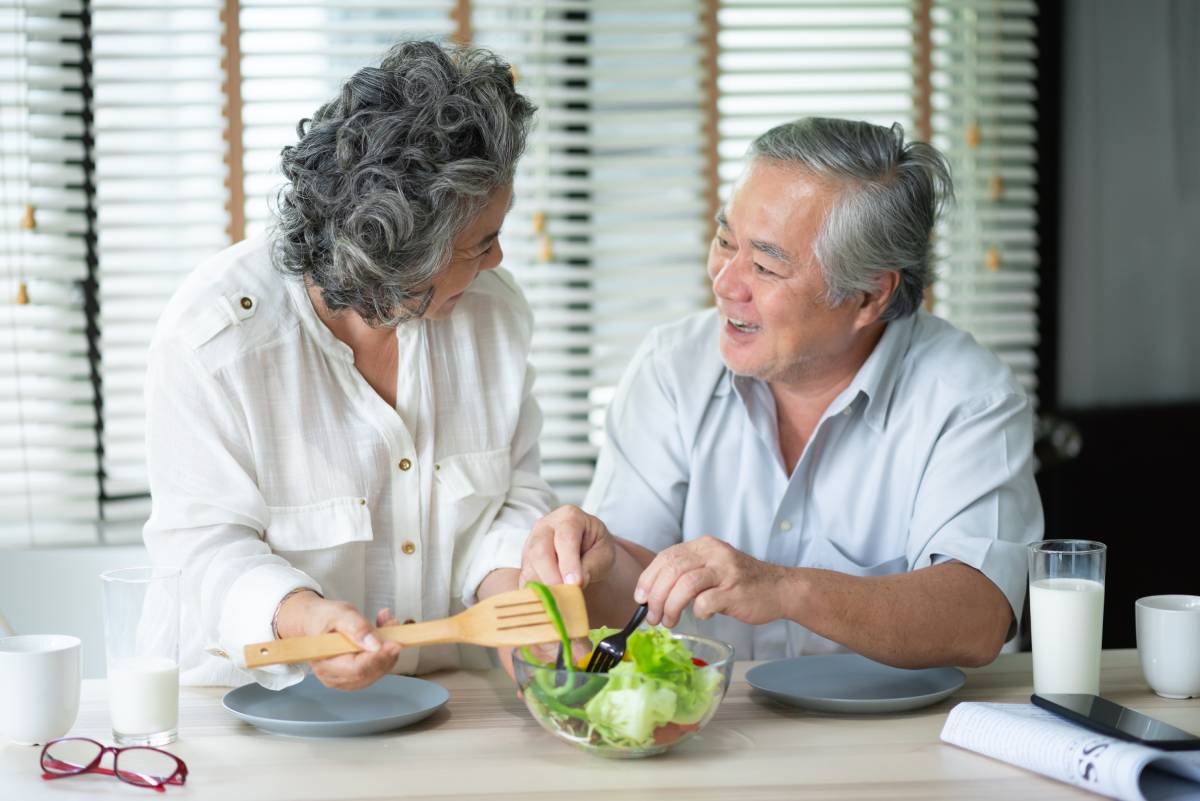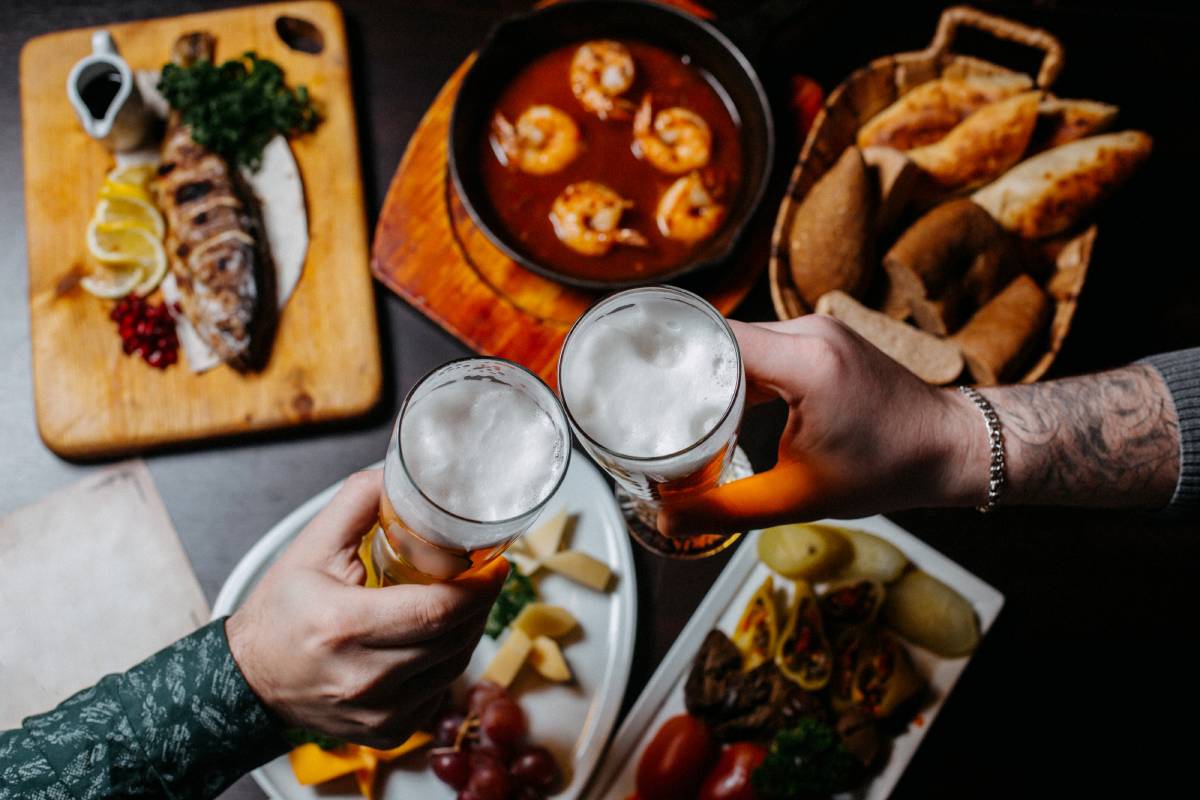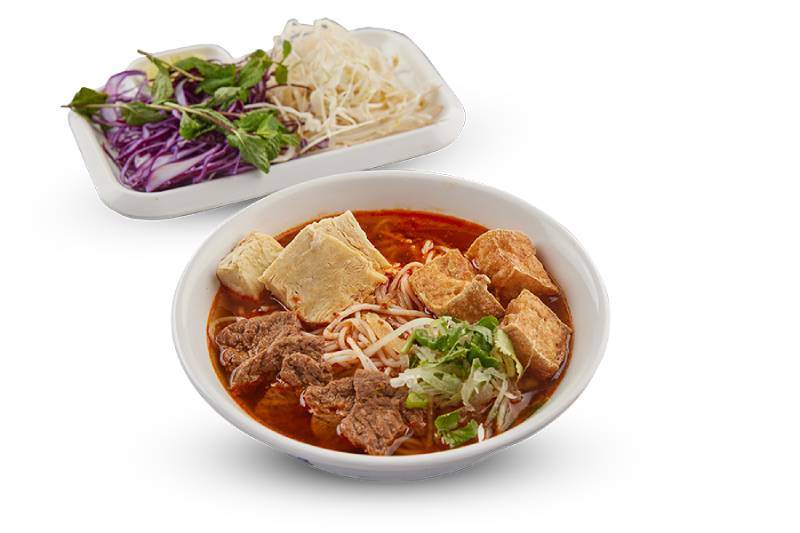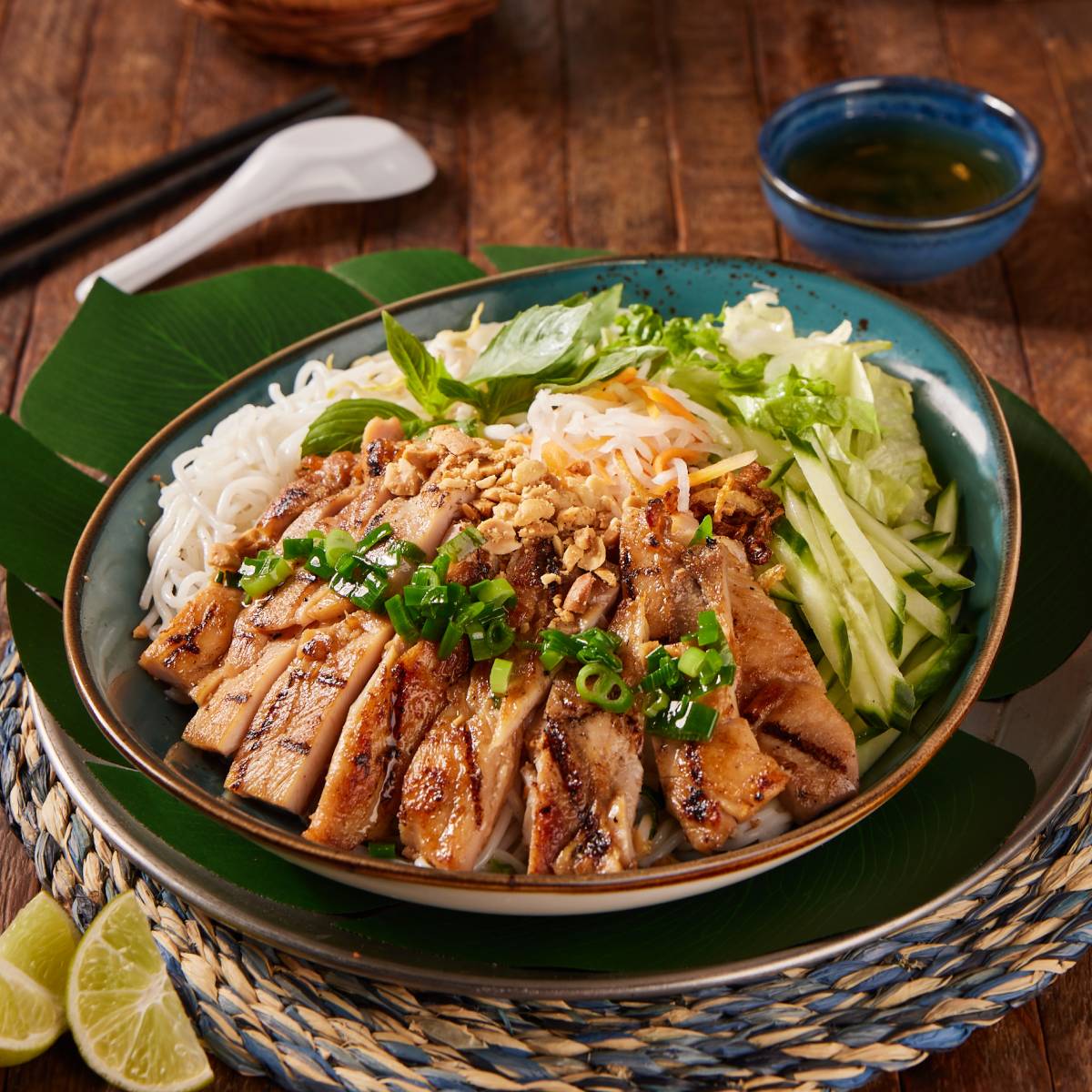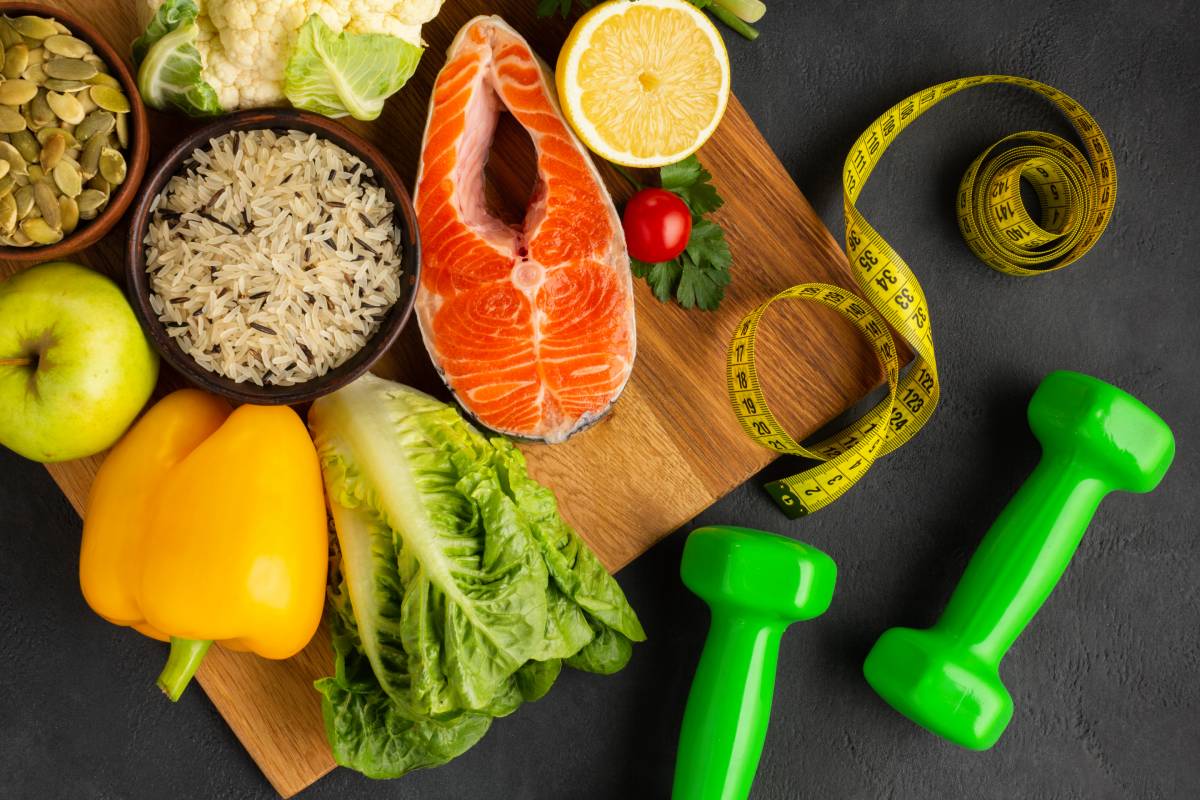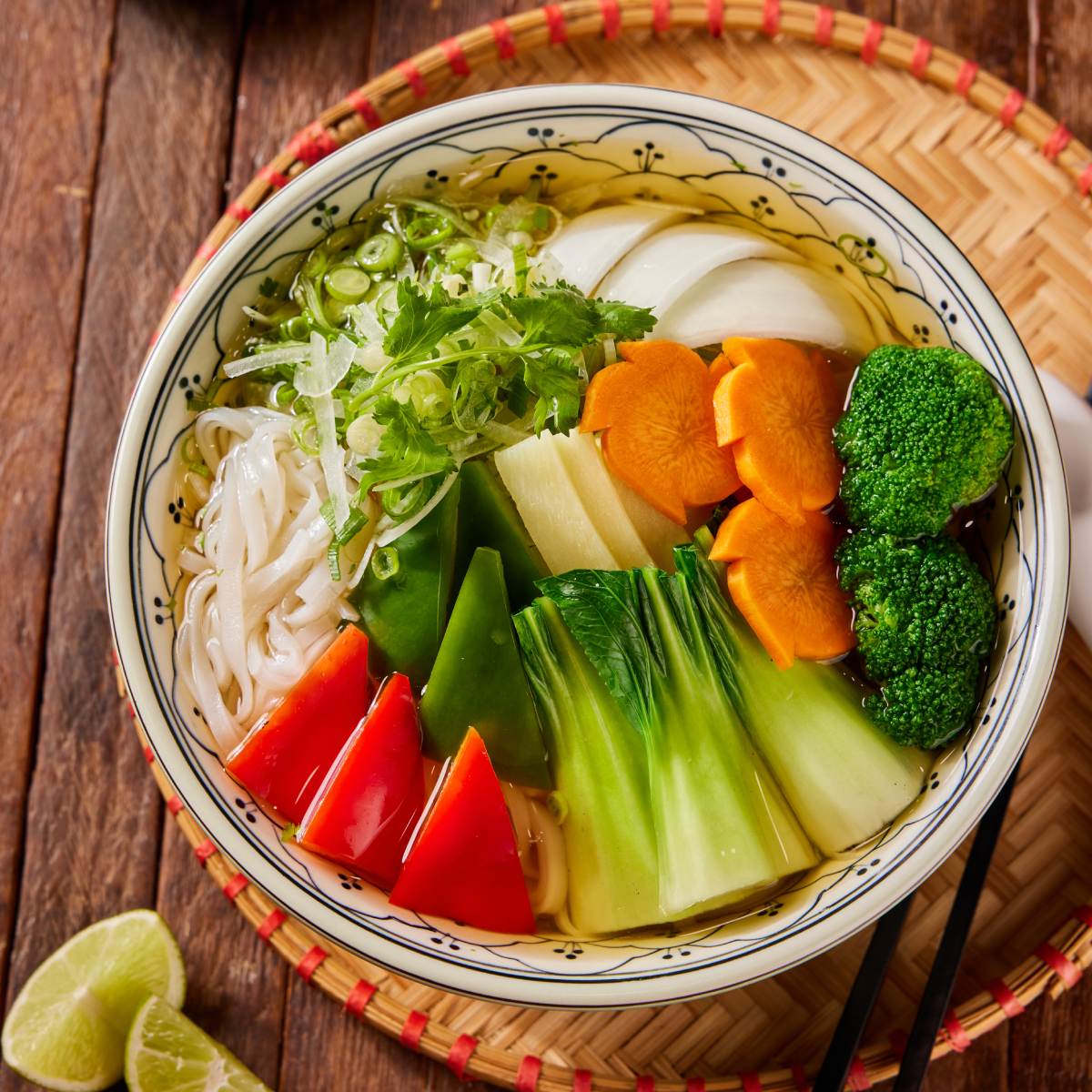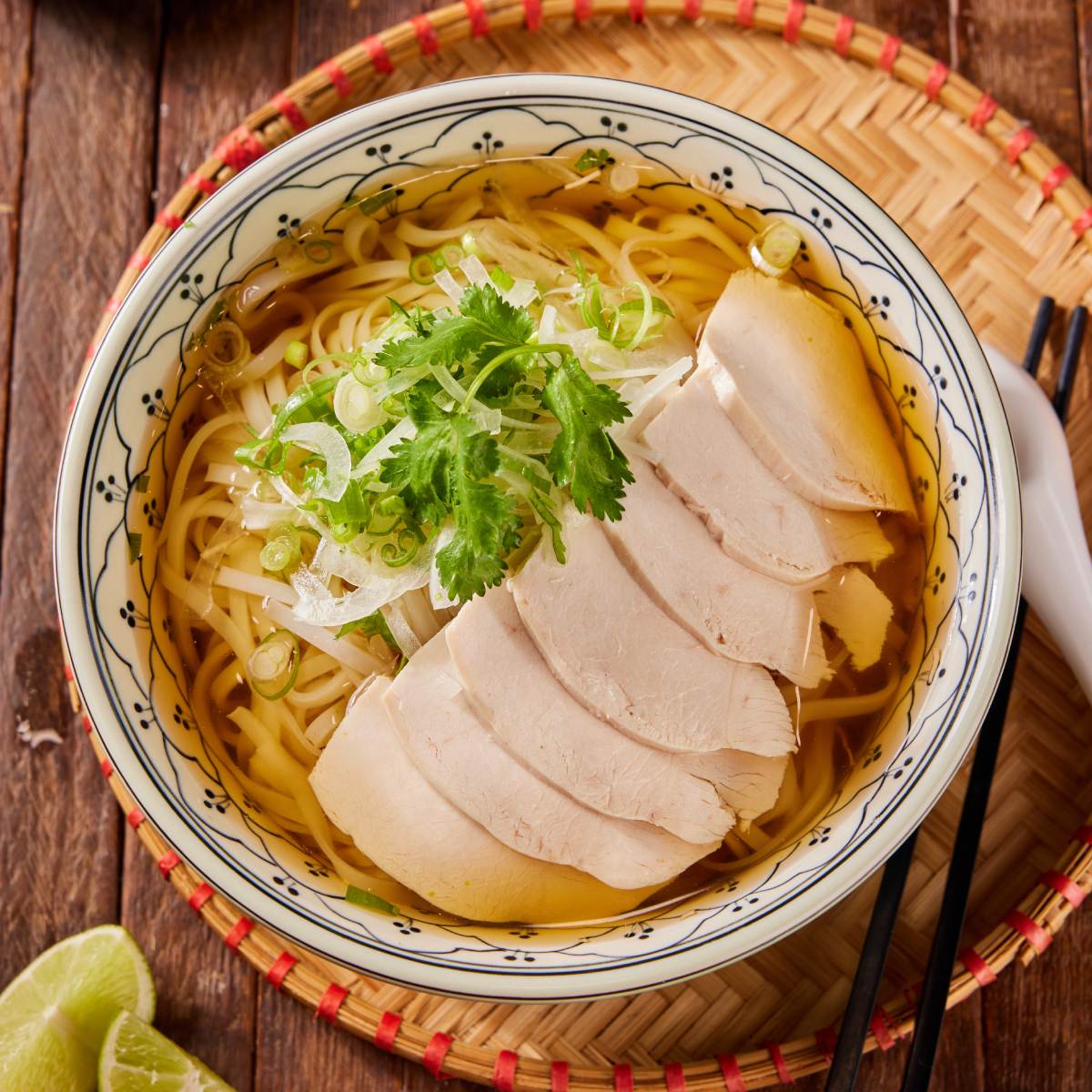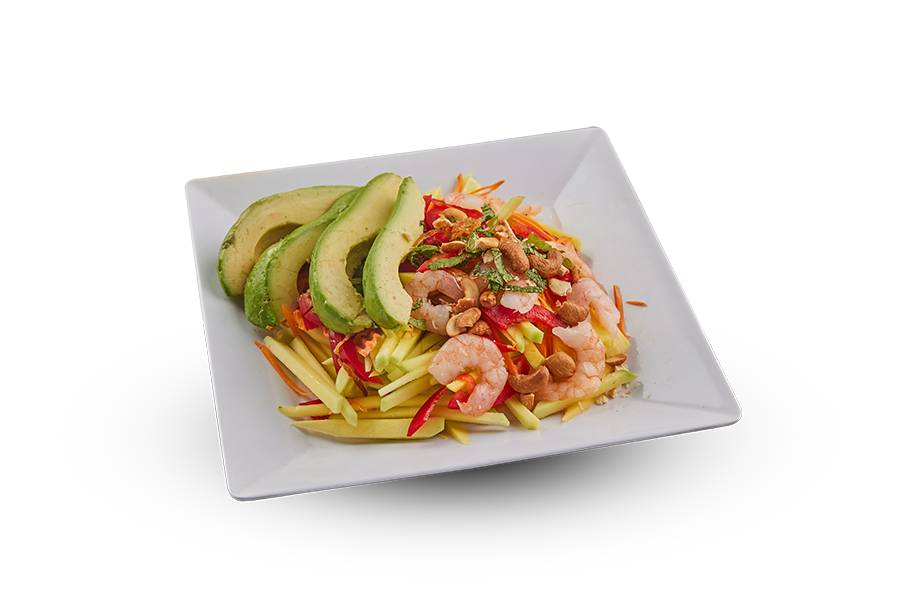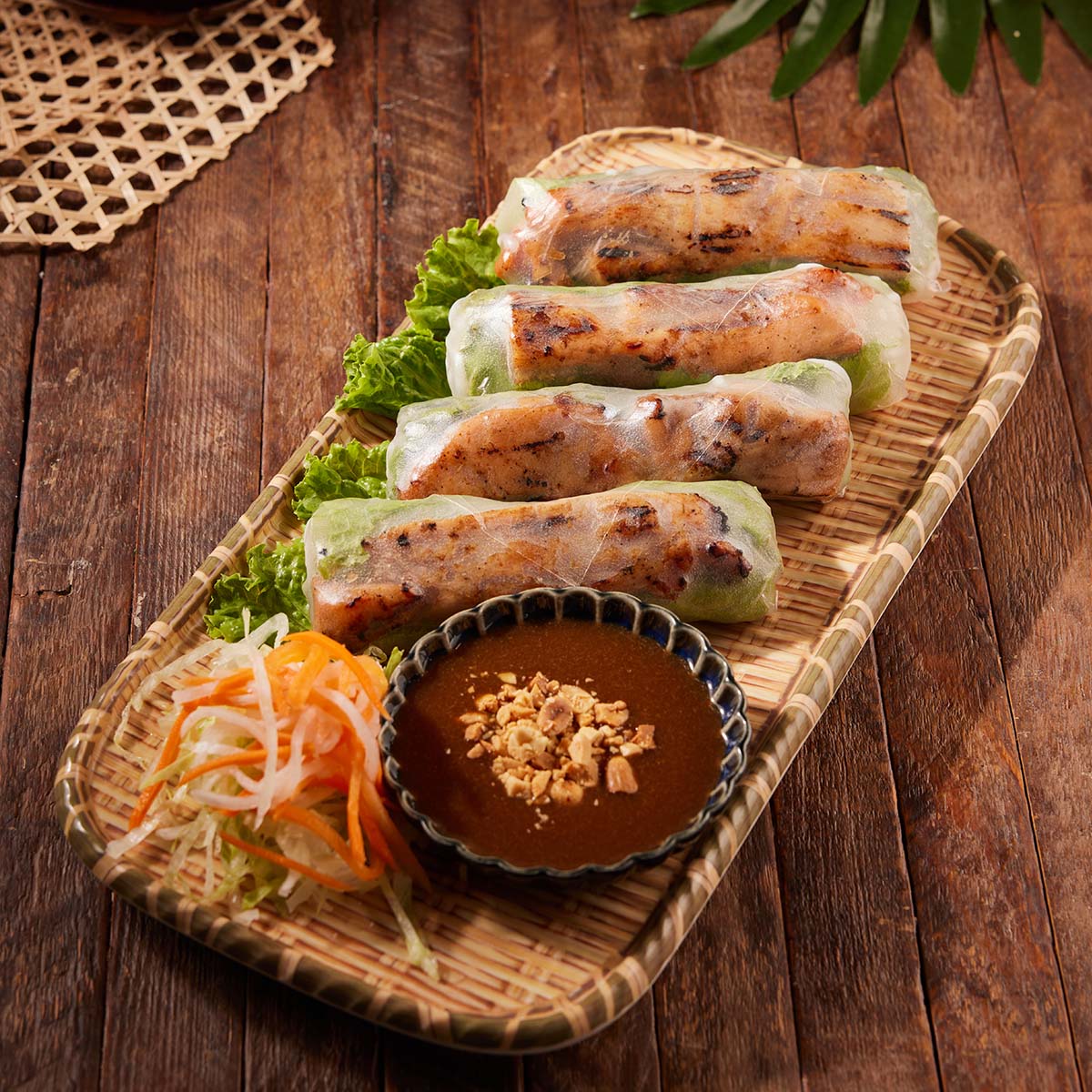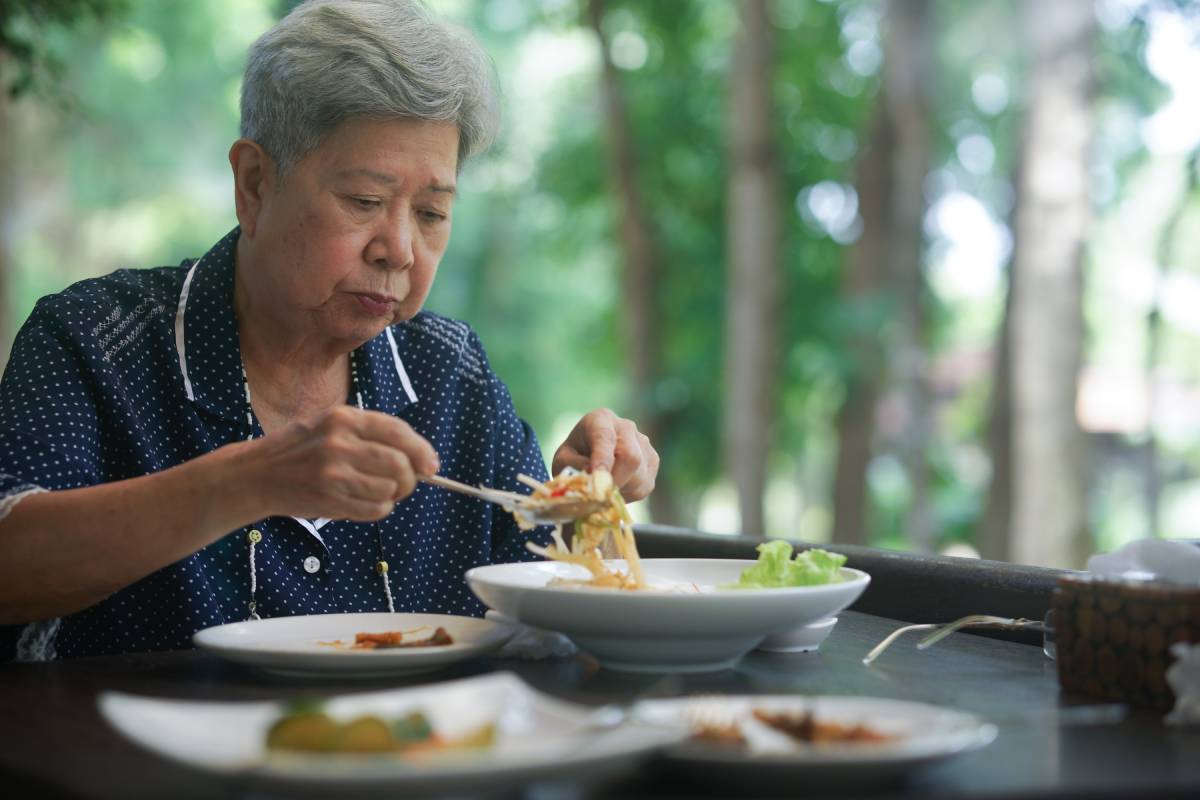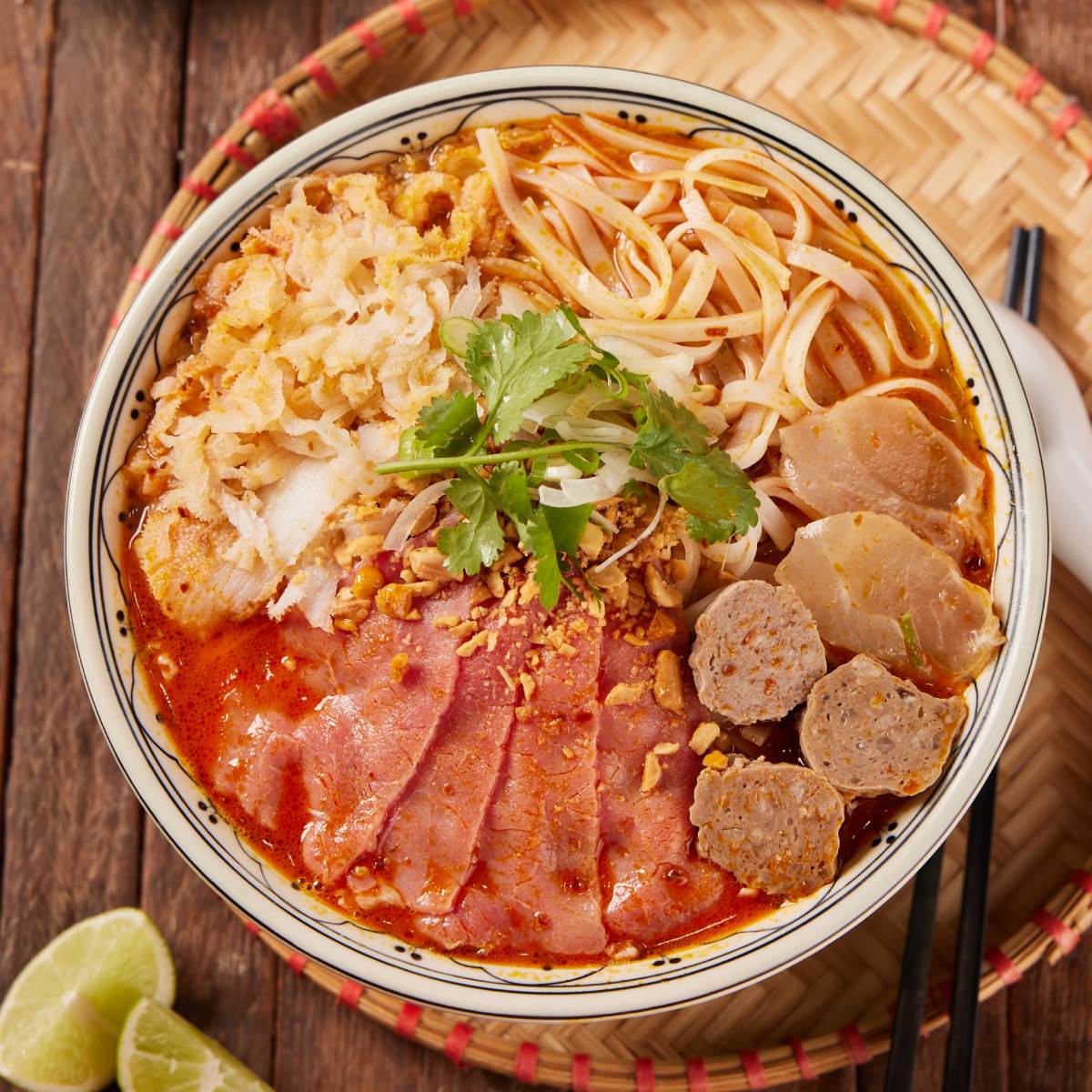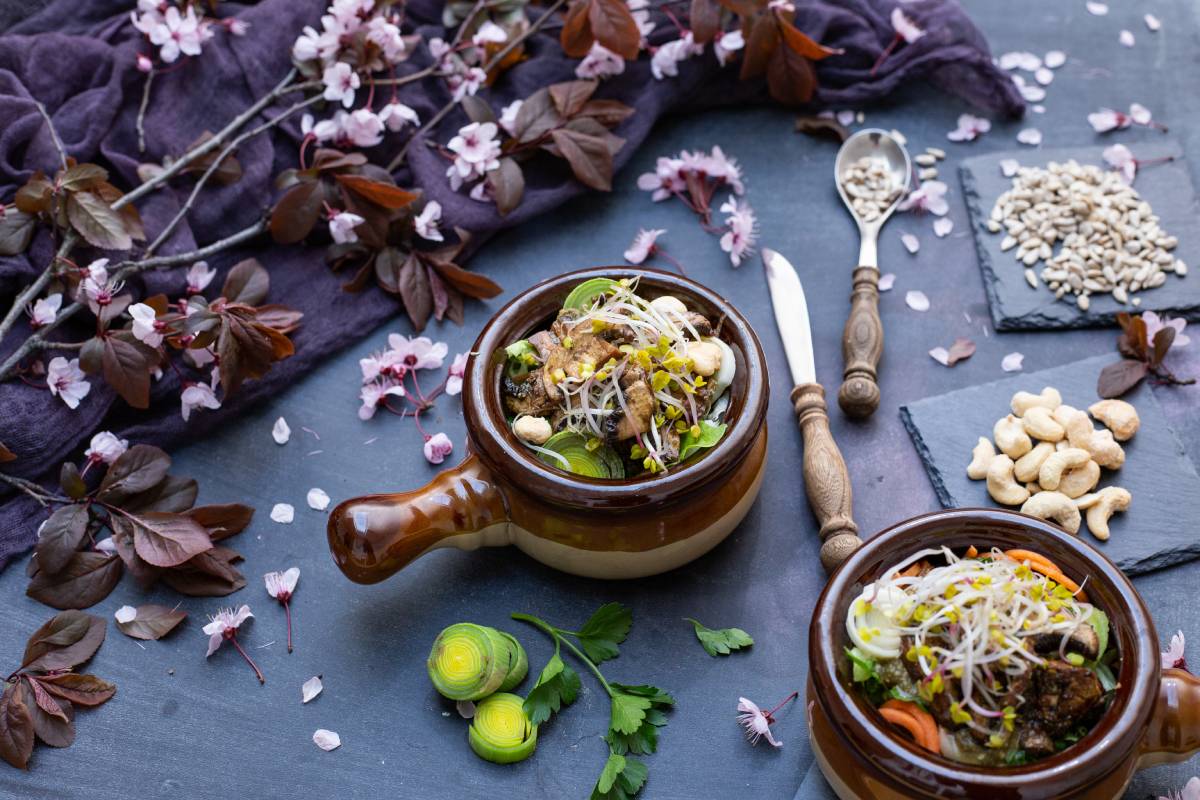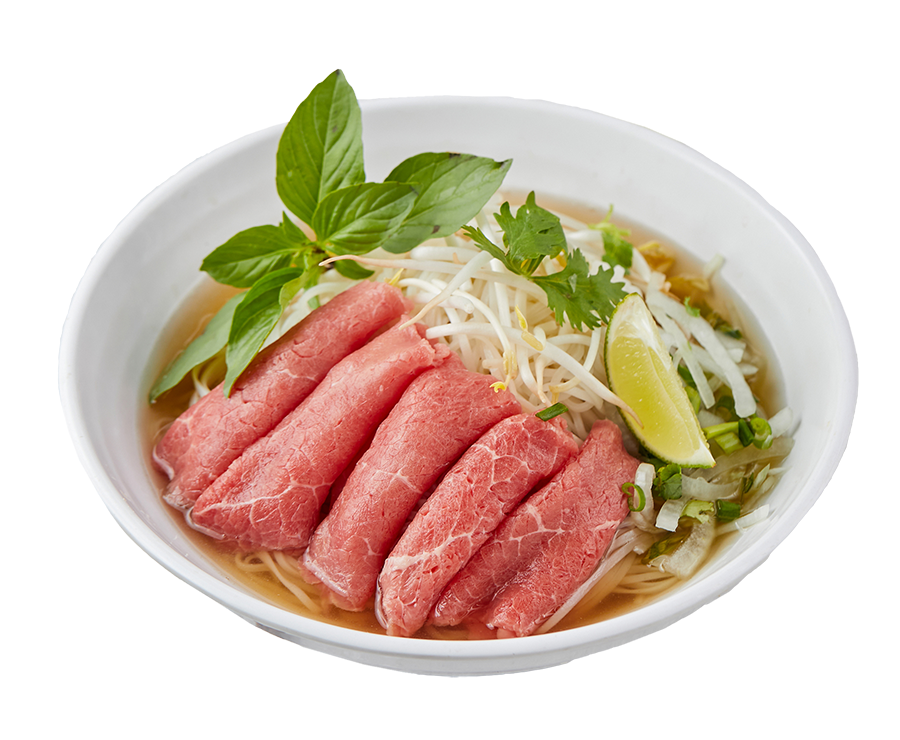Some nutrients on the list of nutrients in pork liver include vitamin B12, vitamin A, riboflavin, folate, iron, copper, and choline. If you’re looking to top yourself off with these or are particularly low in any of these, a pork liver’s a great resource. In Vietnamese cooking, we use pork liver very sparingly though it’s common in many dishes. Pork liver in banh mi, for example, can make a significant portion of the flavor and add a lot of protein. Some may see it as a low quality meat but they’ve got their information all wrong. Pork liver’s well-known to be a high-value meat well worth consumption.
Why pork liver’s a common protein source for Vietnamese cooking is because of how much is packed into so little. Our bodies need protein. Every cell in our body requires protein to operate. Over 25% of pork liver is pure protein and it’s not just any kind either, it often contains essential amino acids. High protein intake for athletes helps them build muscle and for the everyday Canadian, it can do that but also help to boost metabolism, reduce hunger and appetite, and help process calories.
Lastly, pork liver has fewer calories than other meats. In fact, it makes many muscle meats seem poor in comparison. A 3.5 ounce sirloin steak, for example, contains over 200 calories. The same amount of pork liver in Vietnamese cooking comes up to about 175 calories – all the while providing a higher vitamin, mineral, and protein count. This means a person can reduce their calorie intake without giving away nutrients or health in general.
Are you looking for a Vietnamese restaurant in Toronto? Stop in at TorontoPHO and check out some of our menu items containing pork liver and other high quality proteins. Don’t let your appetite lead to unhealthy choices. Make the healthy choice. Visit us today.

